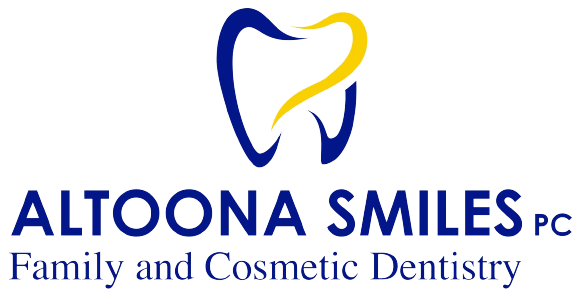Dental erosion is the chemical breakdown of the minerals of the teeth. This is a natural process and can happen throughout a person’s lifetime with a gradual and irreversible loss of minerals. Dental problems can occur when there is a sudden, rapid loss of minerals or the degree of destruction is extreme. Another term for dental erosion is demineralization.
What Causes Dental Erosion?
Dental erosion or demineralization of the teeth is a natural occurrence as you age. There are several things that can speed up this demineralization:
- Excessive exposure to stomach acid. This can come from illnesses such as GERD (Gastroesophageal reflux disease), bulimia, or chronic alcoholism.
- What you eat and your lifestyle. Foods that are highly acidic like certain fruits, sports drinks, and sodas also lead to demineralization. Fruits and juices that contain lemons, limes, grapefruit, plums, blueberries, pineapples, oranges, peaches, and tomatoes are all highly acidic. The Oral Health Foundation notes that beer, cider, prosecco, and other alcoholic beverages are highly acidic.
- Your living and working environment can also contribute to dental erosion. Erosion has also been seen in swimmers, those working in battery factories, picklers, and miners that are exposed to acidic fumes.
It’s best to eat or drink acidic drinks and foods with other foods. If you are going to have sodas or alcoholic beverages, do so while eating a meal is best. The body’s natural reaction of increased saliva will help to wash away the acids. Rinsing out your mouth with water after drinking these acidic agents will also help.
Knowing that these things cause dental erosion is the biggest part of the battle against demineralization. You can discuss with the dentists over at Altoona Smiles what you can do to decrease your chances of dental erosion.
What Are the Symptoms Of Demineralization?
There are quite a few symptoms of demineralization which will all lead you to one place – the dentist’s office! If you experience any of the following symptoms, you should definitely schedule an appointment:
- Sensitivity to heat or cold substances
- Have a toothache
- See discoloration in a tooth or across several teeth
- Have transparent teeth
- Have small cracks or dents in teeth or a tooth
- See changes in the appearance of your teeth
What Treatment Options Are Available for Dental Erosion?
While there are treatment options available, the most important thing to consider is how the teeth are being demineralized. If your dental erosion is caused by GERD, what can you and your primary care provider do to minimize your GERD symptoms? If you are experiencing dental erosion due to the environment you work in, that won’t be as easily taken care of, but you can ask your dentist for input. Seeing your dentist for a toothache or sensitivity issues will allow your dentist to evaluate the extent of your damage, determine the possible causes, and how to address the damage or decay.
Treatment options include:
- Fillings for minor enamel erosion and decay, often localized in one small area.
- Crowns for major decay in areas too large for a filling.
- Dental bonding is used to protect the surfaces of multiple teeth.
- Veneers for more permanent protection of multiple or all teeth.
The best way to prevent serious dental or oral health issues is by visiting your dentist twice a year for regular cleaning and check-ups. If you are concerned about a toothache, worried about potential symptoms of dental erosion, or searching for a family or cosmetic dentist in Altoona, IA, Altoona Smiles is the office you need. Call 515-200-1299 to schedule an appointment today.







